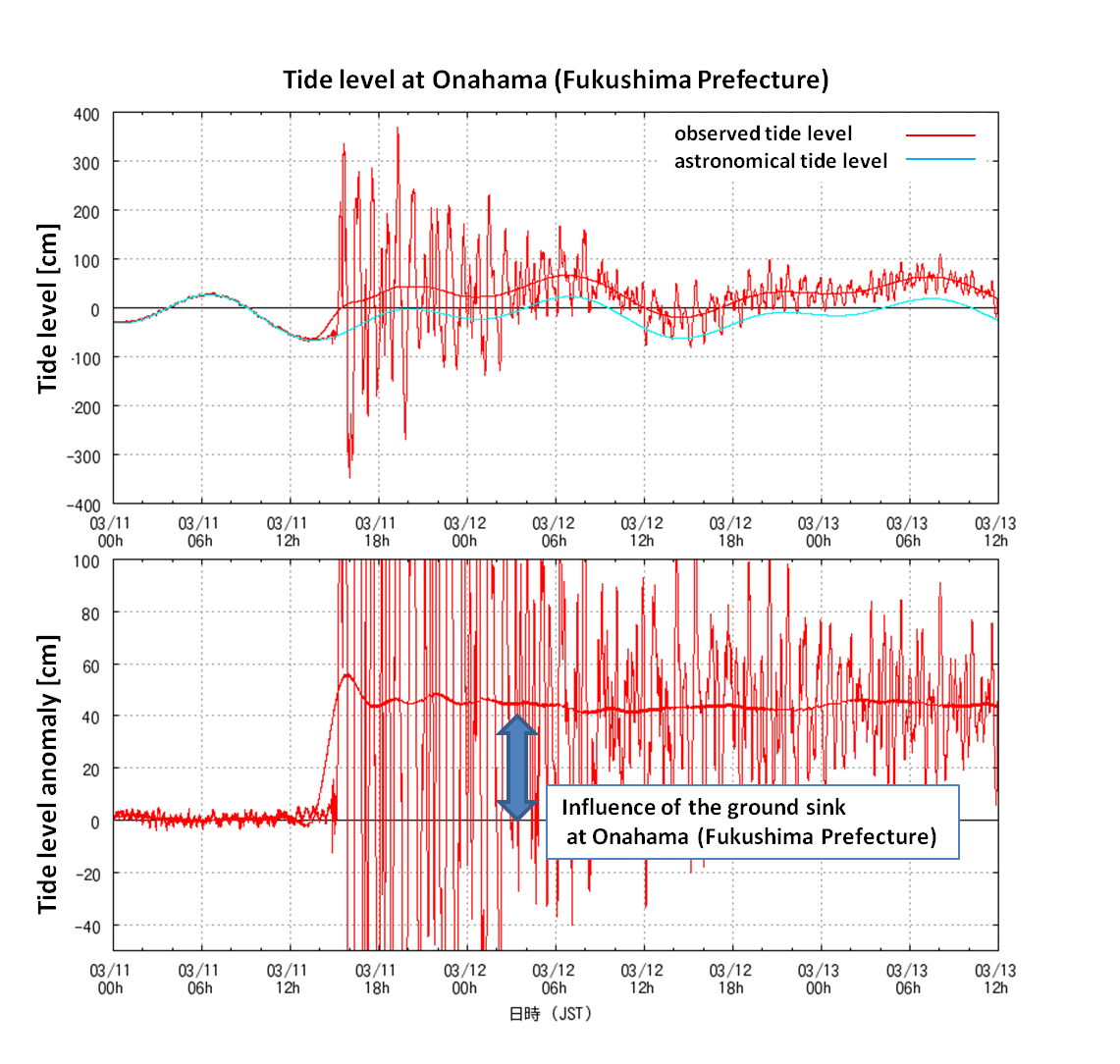A Marxist analysis of the Japonese disaster.
http://www.wsws.org/articles/2011/mar20 ... -m18.shtml
The emperor’s latest intervention has underscored the severity of the crisis facing not only the ruling Democratic Party of Japan (DPJ) government, but also the entire political establishment. Much of the population has palpably lost confidence in the authority of the state. The lack of an effective nationwide rescue plan, the anarchic rotating blackouts, the concern over radiation poisoning, the inconsistent official story on the Fukushima nuclear plant and the inadequate supplies of basic necessities to tsunami-hit prefectures have caused panic, fear and anger among working people throughout the country.
how much longer will the people remain calm in the face of such incompetance?
The historical comparisions are interesting, bearing in mind that Japan's first lurch into miltarism was driven by extreme energy insecurity.
It is worth recalling the consequences of the Great Kanto Earthquake, which struck in 1923, killing more than 100,000 in Tokyo and other Japanese cities. The catastrophe accelerated the demise of Japan’s wartime boom, which had resulted from the country’s loans and exports to the European powers that had been involved in World War I. The huge economic losses quickly transformed the Japanese government from creditor to debtor status, while social inequality reached boiling point. Far from channelling finance into reconstruction after the Great Kanto quake, Tokyo imposed austerity measures aimed at curtailing the level of debt.
Incapable of dealing with the disaster, the Japanese regime attempted to sheet home the blame to foreign workers (especially Korean and Chinese migrants) for sabotaging the rescue, a campaign that rapidly expanded into the ruthless political suppression of militant and socialist-minded workers. Increasingly authoritarian rule displaced Japan’s emerging parliamentary political system in the early decades of the 20th century. Heavily hit by the Great Depression in 1929, Japanese capitalism was ultimately driven into militarism and war, ended only by the catastrophic atomic bombings in 1945.
Today, the Japanese state is approaching a similar abyss. The 2008-09 financial breakdown drastically worsened the country’s public debt crisis, which has now reached more than 200 percent of GDP. Japan’s economic prospects were already grim, following a decade of stagnation in the 1990s, well before the current chaos. Its standing as the world’s second largest economy was overtaken by China last year, while millions of young Japanese have lost the life-long employment security their parents enjoyed during post-war period.
For those here who say war is unthinkable among great powers, well, this exchange of views shows that the risk of nuclear war between China and Japan (as part of a broader global WW3?) is alive and well.
Just three days before the earthquake that damaged the Fukushima nuclear plant, Tokyo’s conservative mayor Shintaro Ishihara gave an interview with the British Independent newspaper, boasting that Japan could build nuclear weapons within a year and that Tokyo had to send a “strong message to the world” that it had such capability. Ishihara declared: “People talk about the cost and other things, but the fact is that diplomatic bargaining power means nuclear weapons.” With a nuclear armed Japan, he claimed, “China would not have dared lay a hand on the Senkakus Islands” in the East China Sea.
Responding to Ishihara’s comment, Ma Guowei, a Chinese nuclear missile general attending the National People’s Congress, told the People’s Daily that China would launch a pre-emptive strike under such circumstances. “Once China believes Japan has crossed the threshold [of building nuclear weapons], China will attack without declaring war, much like the US invaded Iraq. It would require nobody’s approval.” Implicitly threatening nuclear war, Ma declared the attack would turn Japan into “scorched earth” and that the Japanese nation would “disappear from the planet”.
Peace always has been and always will be an intermittent flash of light in a dark history of warfare, violence, and destruction

